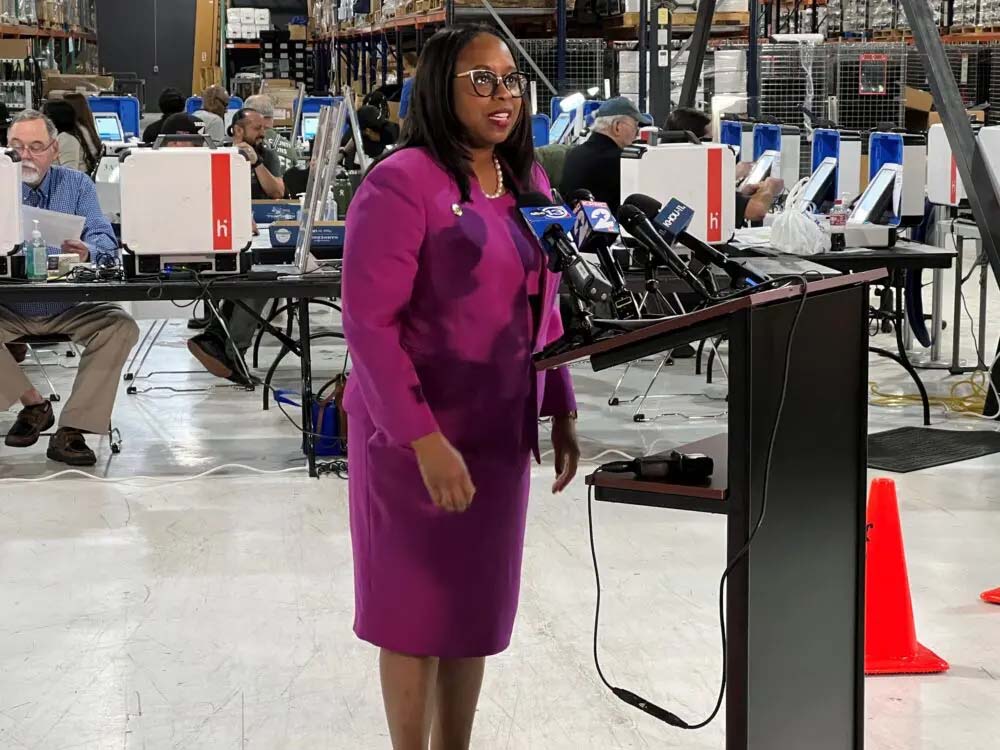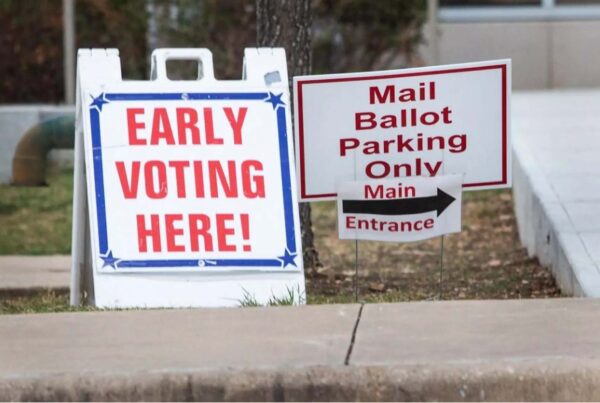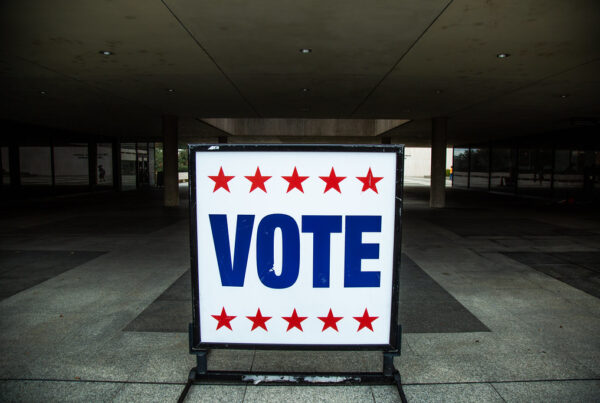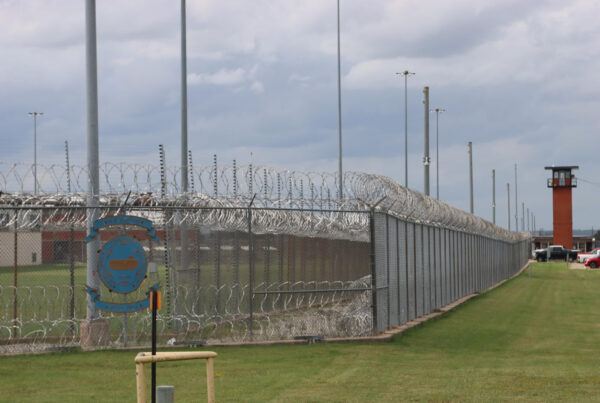From Houston Public Media:
Last month, the Texas Secretary of State’s Office issued the initial findings of its audit of Harris County’s 2022 general election. The report lists several problems that occurred before and on Election Day that may have interfered with voters casting ballots.
The county has undergone a dramatic change in how it manages its elections since last year, in accordance with a state law passed this spring, Senate Bill 1750. The law abolished Harris County’s Elections Administrator’s Office, which has both managed elections and overseen voter registration since just after the 2020 general election. Republican lawmakers passed the law after accusing the county’s appointed elections administrator of mismanaging last November’s general election, including shortages of ballot paper at polling sites in Republican-leaning neighborhoods.
A five-month investigation by Houston Public Media found no evidence that these problems made a material difference to the outcomes of Harris County’s 2022 general election. Neither did the preliminary results of the Secretary of State’s audit.
SB 1750 split the functions of the elections administrator, handing control of elections back to the elected county clerk and oversight of voter rolls back to the county tax assessor-collector. The transition took place September 1, less than two months before the start of early voting for this year’s general election.
Preparations for tomorrow’s election
County Clerk Teneshia Hudspeth, an elected Democrat, responded to concerns about possible paper ballot shortages at a press conference marking the start of testing for the thousands of voting machines that will be used for this year’s election.
“One thing we should not be worried about this election cycle is paper. We will have more than enough paper this election cycle,” Hudspeth said.
The testing took place under the eyes of observers from the Secretary of State’s Office. “We have two representatives from the Secretary of State’s Office here today,” Hudspeth said, “who (are) observing the logic and accuracy testing, observing our training processes, and we are working with them on a daily basis to make sure that we’re putting all measures in place.”
But some Republican election judges who were part of last year’s general election are skeptical. Charlotte Lampe is this year’s presiding judge at Hamilton Middle School in Cypress.
Lampe says she’s particularly worried about the county’s paper-based voting machines, which the county has been using since 2021.
“The machines are no good,” Lampe said. “I don’t know how many times we have to say that. The machines are unreliable. They jam, they prolong the process, they make confusion.”
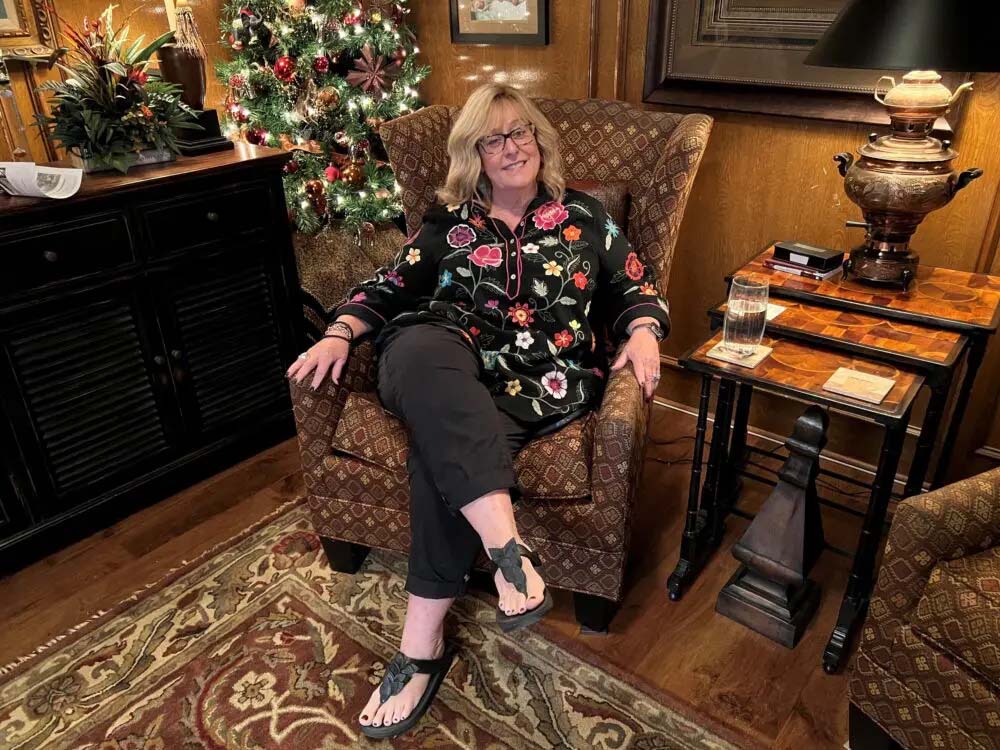
Charlotte Lampe has worked Harris County elections since the 1970s, first as a clerk, then as a Republican election judge. Andrew Schneider / Houston Public Media
County Clerk Teneshia Hudspeth said the county is ready for such problems. It has rolled out a new system called ServiceNow, linking Central Count with all individual polling sites to dispatch technicians wherever they’re needed.
“On Election Day, 701 individual techs will be at the sites to address concerns like machine challenges, polls not being prepared and open on time, any mitigations that need to take place throughout the day,” Hudspeth said.
Seven-hundred-one techs means one for every Election Day voting center. Hudspeth said her office has also arranged for software updates with the voting machines’ manufacturer, Hart InterCivic, that should alleviate some of the problems with the equipment.
Some gun-shy judges and clerks aren’t returning
But there’s another problem that worries Charlotte Lampe. As a presiding judge, she’s having trouble getting people to work for her as clerks, “which I’ve never had in over 40 years, where people were just saying, ‘No, it’s just too long. It’s just too complicated. It’s just too many things went wrong.'”
Lampe’s clerks aren’t the only ones who are sitting this year out. Last November, Cody McCubbin worked as a Republican judge at Saint Mary’s Episcopal Church in Cypress.
“I decided to sit it out (this time),” McCubbin said. “I’m not going to be an election judge this year.”
McCubbin said he doesn’t have the time. But more than that, his voting center was one of those that ran out of paper.
“I wanted to see how the kinks were going to work out,” McCubbin said. “The last prior elections have been such a disarray and such a disaster that, you know, let’s see if we can actually make this one work.”
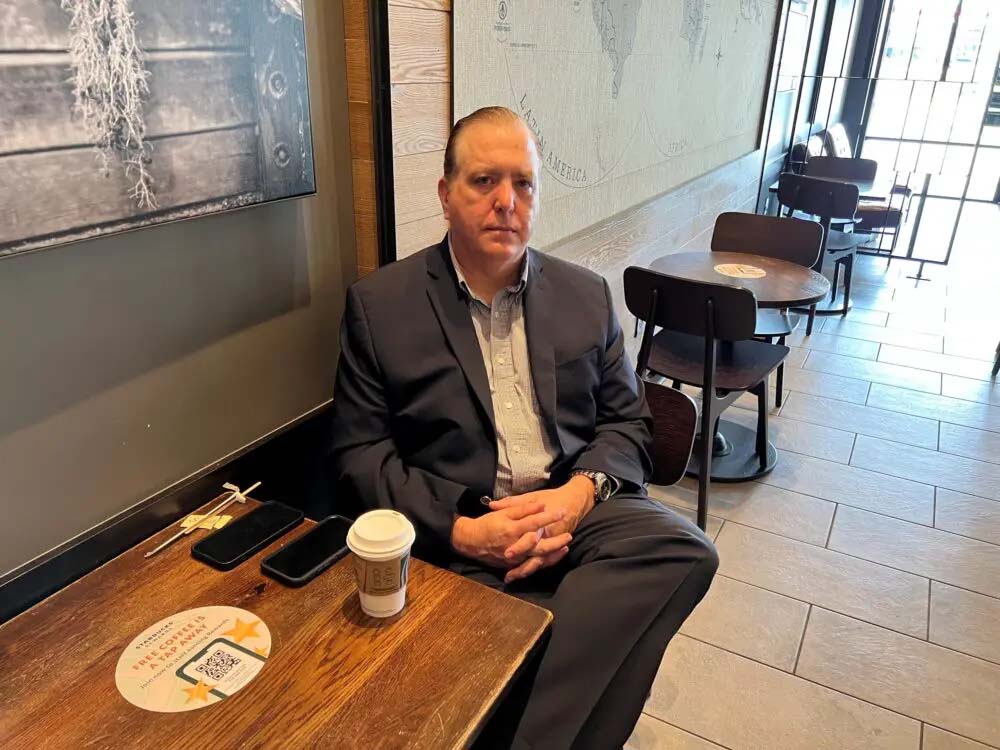
Cody McCubbin served as the Republican presiding election judge at Saint Mary’s Episcopal Church in Cypress on Nov. 8, 2022.
Andrew Schneider / Houston Public Media
Michael Palmquist is working this year as a Republican presiding judge at Haude (Howdy) Elementary School in Spring. He said he was able to lure back most of the people who worked for him last year. But there was a caveat.
“They’ll tell us at almost any training, that you know, if you violate this, you could be arrested, which I will tell you quite frankly throughout my experience of working down here, I lost some judges because of that,” Palmquist said.
That’s no small irony, because the changes making it easier to prosecute election workers for violations of the Texas Election Code were driven and passed by GOP lawmakers.
Addressing problems with election worker training
Palmquist is also concerned about the quality of training given to election workers. Houston Public Media’s investigation found that significant layoffs under County Clerk Diane Trautman and Elections Administrator Isabel Longoria may have hurt the quality of training for judges, clerks, and technicians, complicating efforts to deal with problems such as paper jams from misfed ballots. The Texas Secretary of State’s audit urged the county to do a full review of its training program.
Teneshia Hudspeth says that’s what they’ve done. “We’ve done some enhancements in terms of training,” Hudspeth said, “more equipment, more paper, addressing the concerns of past elections, more specifically, the last November 2022 election.”
Palmquist said the training has improved since last year, but it remains confusing, particularly now that the training for judges and clerks has been combined. “At best I can say the training is overpowering,” he said. “But on the other side, I would say that it’s a lot of wasted time, because of the job differences between being a judge and being a clerk.”
That’s not just a concern for Republicans. Sara Shaw is a Democratic presiding judge assigned to the Iglesia de Jesucristo Palabra Miel in West Houston. “They’re covering judges’ duties, which could very well confuse a clerk, especially a clerk who’s never participated,” she said.
There’s another development this year that bothers Shaw. Constables will no longer be assisting judges with returning equipment or paperwork on Election Night.
“You work a 14 hour day, you pack up, and then you have to drive to a location to drop off, I would get home at anywhere between midnight and…1:30 In the morning, after working all day. I liked that constable pickup, but apparently that has not been offered to us this year,” Shaw said.
Still, Shaw believes the transition to the new administration under Teneshia Hudspeth has gone as smoothly as could be hoped. So does Wes Kinsey, a Democratic presiding judge at the Raindrop Turkish House in Southwest Houston. He said the county clerk’s office has held onto much of the county’s institutional knowledge for running elections.
“It’s been very similar. I recognize some of the personnel. So, they’ve transferred either back into the clerk’s office (from the election administrator’s) or into the clerk’s office for the first time,” Kinsey said. “They’ve been very good, very responsive. It’s clear to me that they did a good job of transitioning.”

Wes Kinsey has served as a Democratic election judge for a decade.
Andrew Schneider / Houston Public Media
‘No such thing as a flawless election’
Teneshia Hudspeth says she’s well aware of the stakes. This spring, in addition to SB 1750, Republican lawmakers passed SB 1933, which lets the Secretary of State’s Office impose administrative oversight on Harris County if it finds any problems with future elections.
“There is a certain amount of pressure around any election, no matter how big or small it is, before and after,” Hudspeth said. “Whether there’s an SB 1933 or not, that same amount of pressure still exists, and my attempt with inviting the Secretary of State in was to be sure that we are covering our bases as much as we possibly can to not invoke 1933. But that doesn’t guarantee anything.”
Hudspeth said that, even with the smoothest, best-planned elections possible, there is always the possibility that someone will challenge Harris County’s conduct. She addressed this at a press conference shortly after the Secretary of State’s Office issued its audit.
“There is no such thing as a flawless election,” Hudspeth said. “But I can guarantee you in all my 15 years of working on elections, we have conducted successful elections. We have followed state and federal guidelines, and we have done the very best we can with a county the size that it is.”


